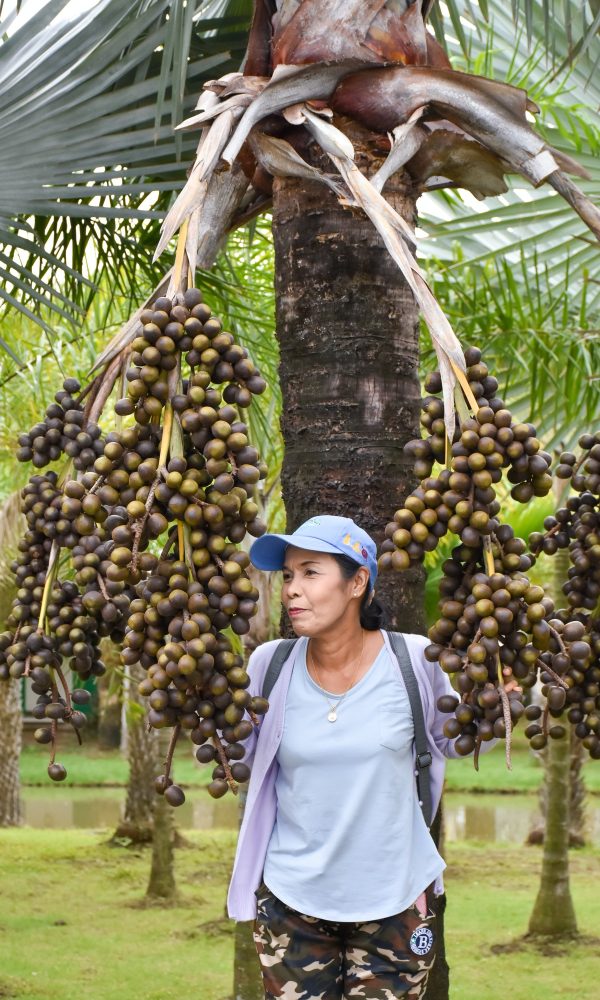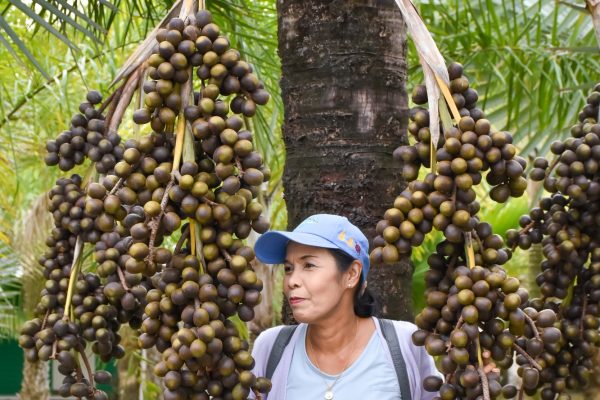What We Do
We connect individual members, scientists, and farmers.
Individual Members
Individual members come from different walks of life, not just foundation leaders or international development professionals. They have the opportunity to learn and to help choose specific projects under the advice of experts and farmers.
Agricultural Scientists
Agricultural scientists receive grants to work on problems farmers face in producing food in developing countries. Typically, those grants have a 5-digit annual budget per project. Grow Further works with private companies and governments to take successful ideas to scale.
Farmers
Farmers use innovations to produce more nutritious, profitable, and climate-change ready crops and livestock. They are also the source of many of the ideas that scientists test or develop and remain engaged through a project life cycle.


Our Business Model
Building community around supporting innovation is a proven, powerful model. Rotary International played a key role in developing a polio vaccine and nearly eradicating the disease. Angel investment groups have gotten countless world-changing companies off the ground, and according to some studies offered their members returns at least as high as those of professionally managed venture capital funds.
It has worked because it cuts through bureaucracy, bringing in outside perspectives, cutting costs, and making it possible to consider smaller, earlier-stage projects.
In our case, when members, particularly those who are immigrants from developing countries where we work, have skin in the game, it becomes possible to engage volunteers and informal networks. And just being a public charity cuts down on paperwork requirements. We appreciate the contributions of the civil servants, foundation staff members, and venture capitalists who recognize the strengths of our model and have stepped up to support us in a personal capacity.
Our Process
Our field programs aim to help smallholder farmers adapt to climate change and improve nutrition and farm income. To accomplish this, we put out open-ended grant announcements seeking the best, and most overlooked, research and development projects from scientists around the world.
Our network of experts screens and peer reviews the applications, looking most importantly for those that have the best strategy to reach a large population of farmers. This typically entails engaging farmers and leveraging strategic partnerships with government or the private sector.
Members, who bring diverse perspectives from different professions and parts of the world, have the option to participate in the process of selecting among the finalists as well as to meet the scientists and participate in other educational, networking, and volunteer programs.
During and after projects, we stay in close contact with researchers informally as well as through formal monitoring and evaluation, and often provide capacity building assistance.


